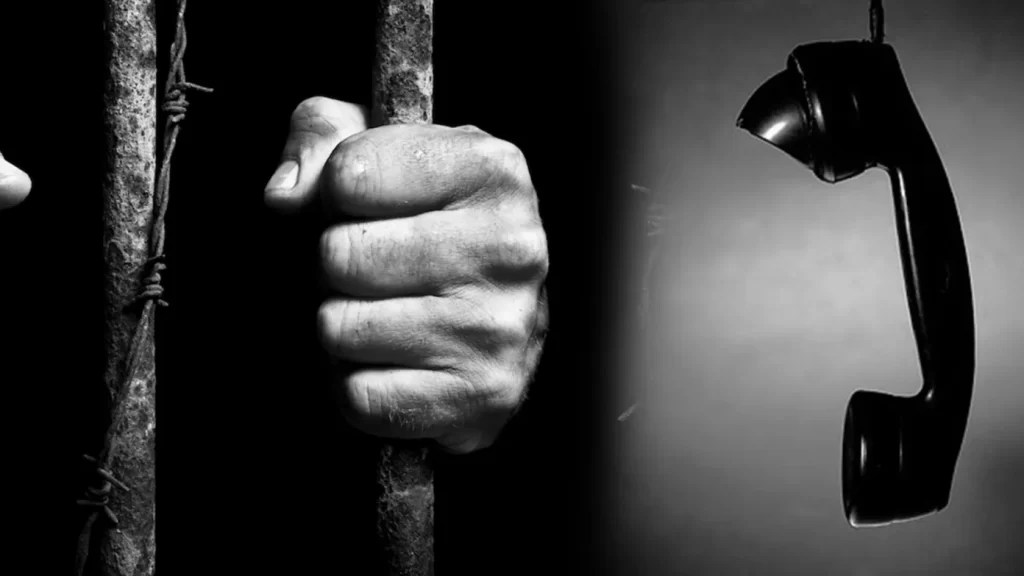
Cubalex, 4 April 2023 — Cuba’s Law of Penal Procedure (LPP) obliges police officers to permit communication between detained persons and their family members, as a required formality when they are being charged. Nevertheless, the absence of judicial control over detention has permitted use of institutionalised practices such as prolonged solitary confinement and coercive isolation. These systemic practices constitute cruel and inhuman treatment and place the person at risk of torture and enforced disappearance. Furthermore, they are evidence that the persons detained are not properly instructed as required by law.
In police stations, although the authorities generally do not deny to the relatives of arrested people who are trying to locate them that the person has been detained, they do prevent them from knowing the physical and psychological conditions in which they are being held and the exact place of detention. This practice amounts to enforced disappearance. They also sometimes take on the role of intermediaries to hinder direct communication between detainees or prisoners and their relatives.
Solitary confinement occurs in the context of deprivation of liberty in penitentiary establishments, through the suspension of telephone calls and regular visits to persons charged or accused in pre-trial detention and those punished under conditions of internment.
According to international standards and national legislation, prisoners have the right to receive visits and to communicate regularly with their families and friends, while prison authorities have the obligation to guarantee such communication. This right is guaranteed through the public service provided by Empresa de Telecomunicaciones de Cuba Sociedad Anónima (ETECSA). This state entity has a monopoly on communications at the national level and controls and manages the public telephones installed in prisons. The enjoyment of this right depends on family and friends being able to recharge the prepaid cards, usually from outside the country.
Nevertheless, to prevent inmates from reporting conditions inside prison, ETECSA has resorted to disabling ETECSA’s “Propia” prepaid cards, as well as blocking recharging from outside. As a telecommunications service operator, the company has an obligation to ensure that government authorities use its telecommunications systems and new unified information and communication technologies to monitor, control and intercept communications, as well as to cut or suspend service at their discretion. This type of complaint can be defined as a cybersecurity incident, under the category of Ethical Harm.
In the penitentiary system, it is considered serious indiscipline to formulate complaints or petitions individually or collectively, as an expression of assuming positions of force or disobedience to the penitentiary authority; as well as “disseminating false information by any means of communication or social networks”. These types of complaints have been described by the government as “spreading false news, offensive messages, defamation with an impact on the prestige of the country”, to which they attribute a high level of danger.
Such a prohibition renders the realisation of the right to make complaints illusory and violates the right to address, without censorship as to substance, a request or complaint about their treatment to the central prison administration and to the judicial or any other competent authority, including authorities with review or appeal powers. Furthermore, it violates prisoners’ right to information, in relation to authorised methods of enquiry, as well as access to procedures for making petitions or complaints.
Persons deprived of their liberty and their relatives are exposed to reprisals, intimidation or other punishments for filing a complaint, petition or grievance, or for reporting an official for mistreatment or corruption, which would be sufficient cause for prosecution for the crime of contempt, defamation or assault on authority.
During 2022 the situation of political prisoners and their families worsened. Many of the 11 July 2021 (11J) protesters were tried, while the government launched a disinformation campaign, trying to show that the trials of the protesters respected all legal guarantees or denying that any minors were imprisoned for 11J. As a result of the violations of the right to a fair trial or because of the conditions in prison, several political prisoners started hunger strikes in prison, as a method of peaceful protest.
The topic: Solitary confinement: more cruel and inhuman treatment of detained persons by the Cuban state, was first published in Cubalex
Translated by GH
